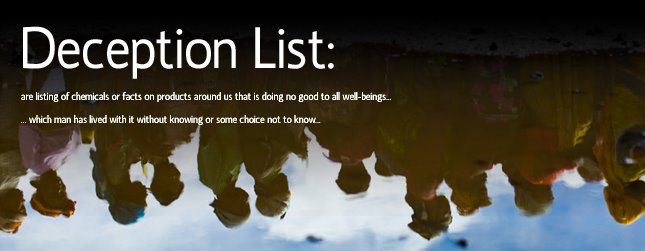Phthalates are chemicals used in many plastics to make them soft or flexible, i.e. plasticizers. They are widely used in plastic products in the food and construction industries, plus they are used extensively in beauty products, pesticides, wood finishes, insect repellents, solvents and lubricants. There are a number of phthalates with differing though often overlapping health effects. Studies have linked various phthalates to abnormal male sexual development, male infertility, premature breast development, cancer, miscarriage, premature birth and asthma. Because phthalates are not chemically bound to the plastic polymer, they can easily migrate out.
Common Phthalates
Di-2-ethylhexyl phthalate (DEHP)
Benzylbutyl phthalate (BzBP)
Di-isononyl phthalate (DINP)
Dicylohexyl phthalate (DCHP)
Diethyl phthalate (DEP)
Di-n-octyl phthalate (DOP)
Dibutyl phthalate (DBP)
Routes of human exposure to plastic additives
- Microwaving foods (esp. acidic and fatty entrees) in plastic containers
- TV dinners in plastic trays or with plastic film
- Boil-in-bag foods
- Bottled water
- Migration into cheeses/meats, etc, from stretch wrap
- Hospitalization or medical procedures (stents, catheters, IVs, respiratory devices). IV Bags with fatty substances like food or blood contain up to 50% DEHP
- Pacifiers, baby bottles and children's toys
- Cooking with Teflon cookware
- Canned foods lined with plastic lacquer
- Eating fish/meats/dairy products (phthalates in food chain)
- Baby foods and infant formulae
- House dust (e.g. PVC dust from common household vinyls such as flooring)
- Air (e.g. phthalates released from plastic car interiors i.e. that "new car" smell, vinyl flooring)

It is best to be aware of our means of exposure to phthalates, despite the fact that these put no serious threat to human health. Phthalates can be hazardous, that is true, but only with direct contact. You may experience negative effects after inhaling the substance, but that is not likely to happen with drinking in a plastic bottle. Nevertheless, knowledge is power.
ReplyDeleteDallas Willis